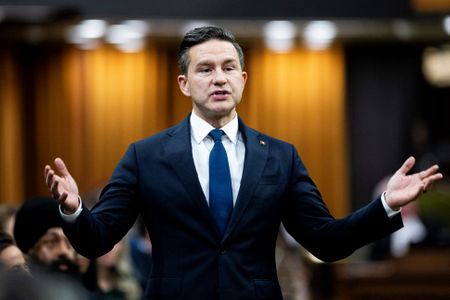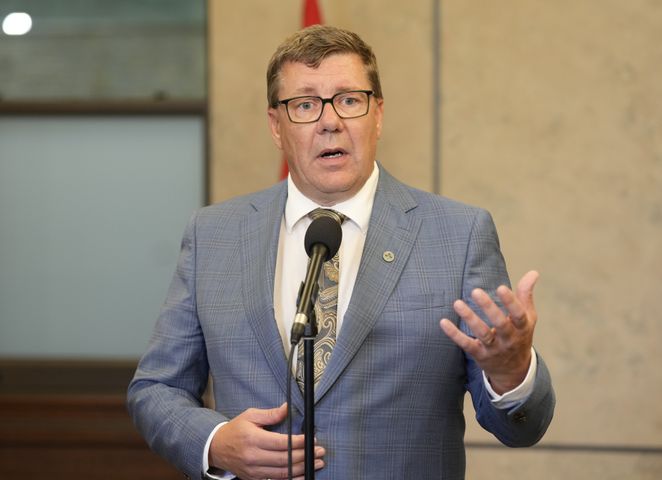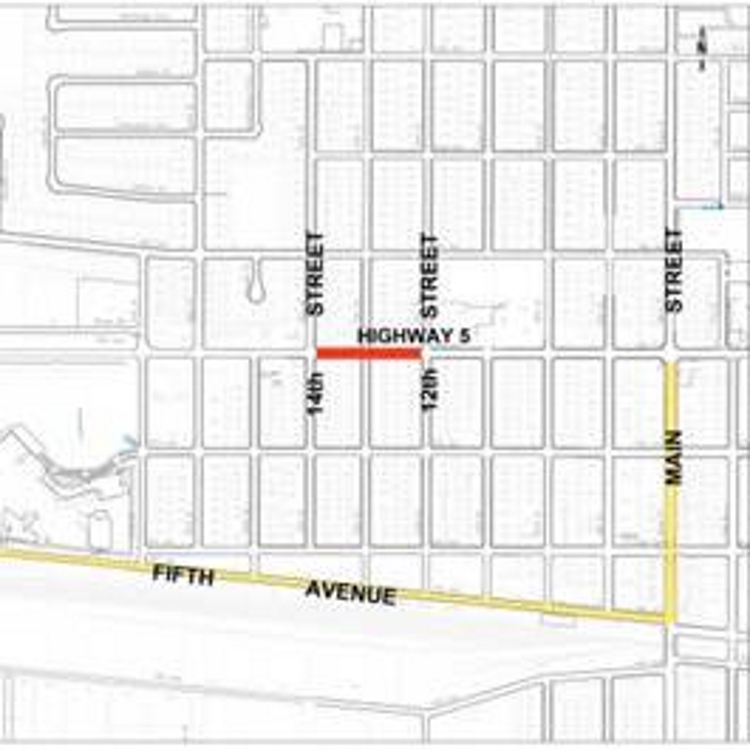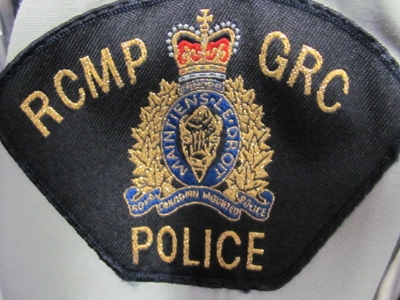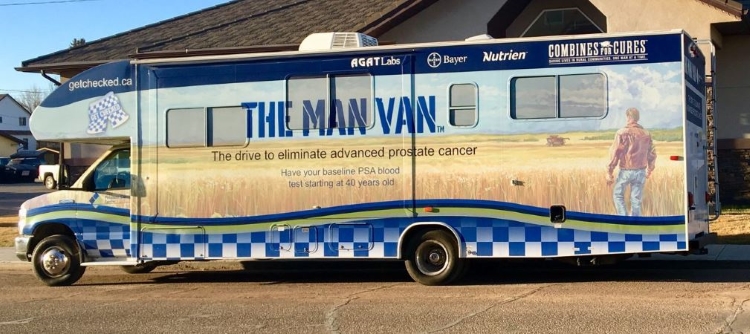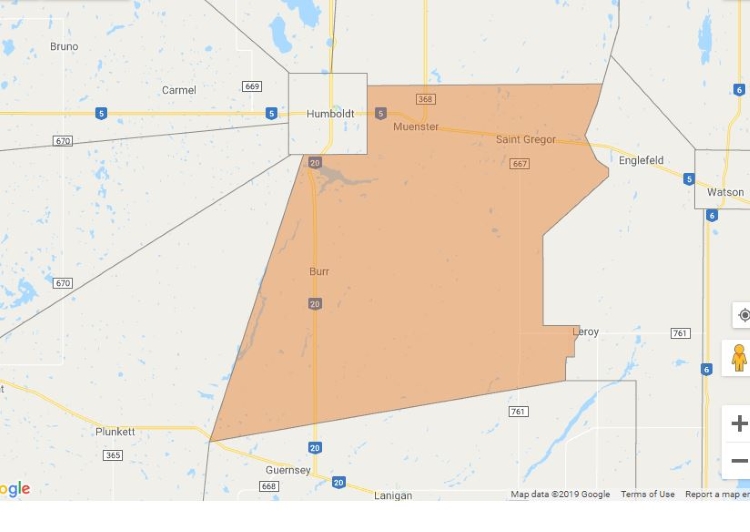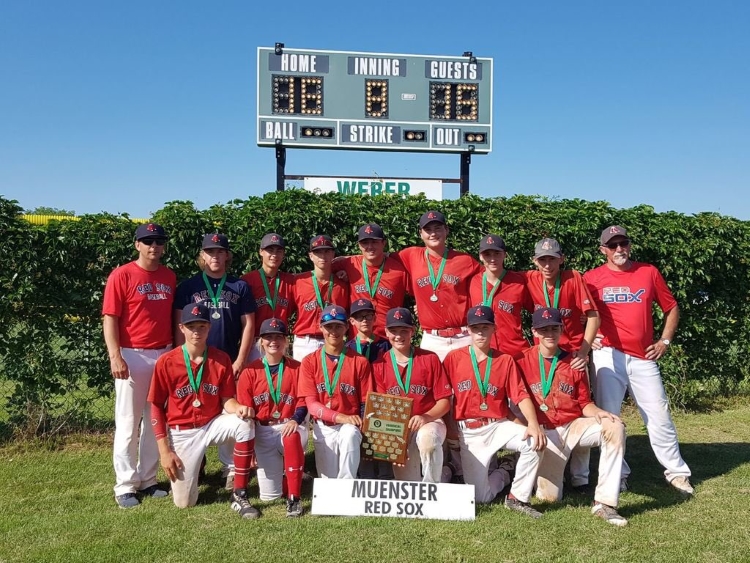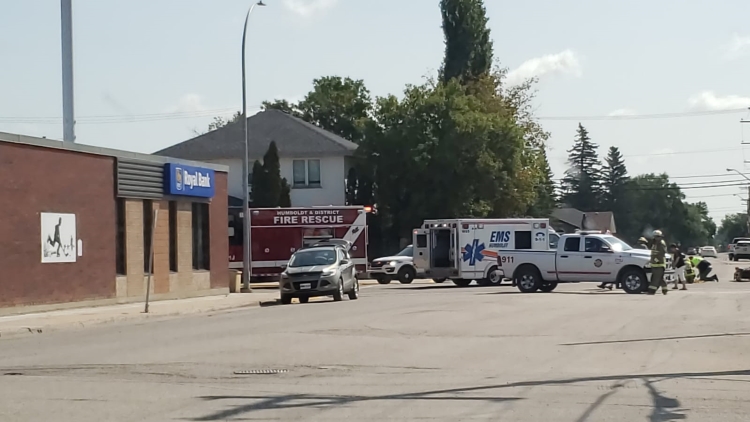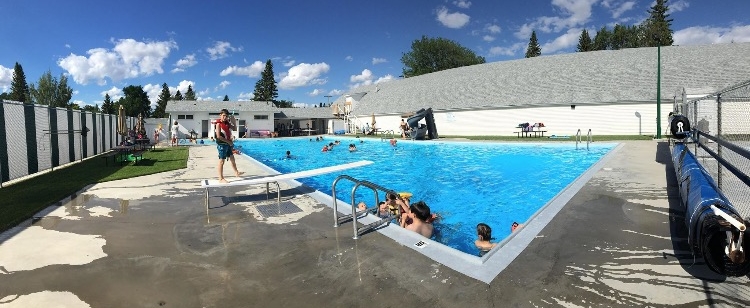Local News
Saskatchewan throne speech promises help for drug addictions, crackdown on crime
The fall sitting of the Saskatchewan legislature began Wednesday with Premier Scott Moe’s government promising new rules to get tough on drugs and to help those battling addictions. Moe’s government, in the speech from the throne read out in the chamber by Lt.-Gov. Bernadette McIntyre, says it will introduce legislation that would, in extreme circumstances, see those battling addictions receive treatment against their will. “Individuals whose addiction is creating a threat to themselves and others will be required to enter an addiction treatment program, ensuring they get the help they need while keeping our communities safe and secure,” McIntyre told assembled politicians and dignitaries in the chamber. Earlier Wednesday, Moe told reporters such treatment would be ordered on those facing arrest, but more details will be shared later. “This would be an additional access point for a very small number of individuals, if any at all,” Moe said. “It is also going to open up an opportunity and a pathway, hopefully, on what would be a recovery journey for that individual.” Cracking down on drugs was a major theme in the speech, which outlines the goals and priorities of Moe’s Saskatchewan Party government. McIntyre said the province also plans to introduce the Response to Illicit Drugs Act, aimed at cracking down on those who profit from selling drugs. "Our government is committed to getting drugs out of the hands of criminals and getting those criminals off our streets," McIntyre said. Moe told reporters more details on that bill would come later. “I’ve said the goal is to eradicate crystal meth and fentanyl and opioids from our communities. It might be an aspirational goal, but it doesn’t mean that it shouldn’t be the goal,” Moe said. The province is also promising legislation that would go after those who stalk and intimidate people online. It would amend the definition of interpersonal violence to include such behaviour. And those convicted of serious crimes who want to change their names will be prevented from doing so. Moe said he’s promising more for children. The province plans to amend legislation that would enforce support orders on parents who move out of Saskatchewan. Support orders deal with child support payments, care arrangement and decision-making responsibilities. In classrooms, the province is promising to get schools built faster by passing a bill that would require municipalities to acquire and service land when they don’t have enough reserve space. Costs would be shared with the province. The province is also planning to introduce a bill that would allow tailgating events outside Mosaic Stadium in Regina during games for the CFL’s Saskatchewan Roughriders. Moe said the Roughriders approached him about the idea, which would allow the issuing of liquor permits. “We thought, well, why not?” Moe said. The Opposition NDP said the speech shows Moe is out of ideas to address pressing issues. NDP Leader Carla Beck told reporters there is nothing new to address affordability, crowded hospital hallways and rural health centres that temporarily close without notice. “It definitely does not scream big, bold change,” Beck said. “But it screams, after 18 years (in power), a government willing to stubbornly defend the status quo.” On forced drug treatment, Beck said she supports the measure as a last resort. “I certainly heard from parents who have lost their (adult) children to addiction who wonder maybe that could have been something that would have put them on that (recovery) path,” Beck said. She said the province also needs to have effective voluntary treatment spaces. Moe said the province has added 300 new addictions treatment beds to the system and is planning to provide 200 more. On health, Moe said the province has hired more doctors and nurses. The province also plans to sign new contracts with nurse practitioners to allow them to work their entire scope of practice. Beck also slammed Moe for not firmly calling on the federal government to remove its 100 per cent tariff on Chinese electric vehicles, a move that has resulted in punishing counter-tariffs on Saskatchewan staples like canola. “Our producers need a champion. They need clarity on this issue,” Beck said. In August, Moe had said Canada should remove the EV tariff only if it can have a positive relationship with the United States. He later said it's not easy for Ottawa to get rid of the levy. This report by The Canadian Press was first published Oct. 22, 2025.

